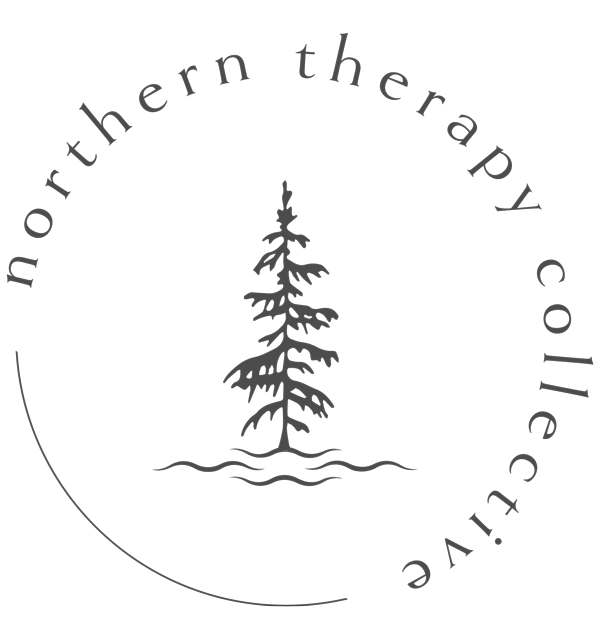Mixed Messages in Society and The Cost of Over-Functioning on Moms
It’s Mother’s Day weekend and this week on the blog, we want to take time to focus on topics that relate to the most important ladies in our lives! Moms from all walks of life: new moms, those yearning to mother, moms who have been in the thick of it, stepmoms, moms of adult children, “bonus moms”, dog moms – and any other type of mom out there – these next few blogs are for you!
We want to start with breaking down a common topic discussed in the media today (and let’s face it, for the past several decades) – the idea of “over-functioning” as a parent. The way it is titled has evolved over the years, but it all boils down to the same idea: how involved (over the top or below what is “expected”) the parent is in caring for and performing tasks on behalf of the needs of their child.

So, let’s explore popular ideologies about “functioning” as a parent.
#1 – NEVER DO ANYTHING FOR YOUR KIDS THAT THEY CAN DO THEMSELVES
On one hand, we are encouraged to foster independence as early as possible. Gifting children the opportunity and the skillset to do whatever they possibly can for themselves, by themselves.
The benefit: Supporting your child’s independence can boost both their esteem and self-awareness, while also alleviating some stress (from the endless tasks that land on parent’s plates). When your child learns to dress themselves, put on their own shoes, bring their own dishes to the table – these are beautiful milestones that reduce the load from your plate, while also building their capacity to care for themselves and function as an integral part of the family unit. How beautiful, we can all agree, this must be.
The cost: While this sounds wonderful in theory (and truly, we’re mostly drinking the lemonade on this one), applying it practically can be challenging.
Sometimes, doing the thing for your kid just has to happen. If you’re in a rush to get out the door/get to daycare on time because everyone was moving slow today then, in all likelihood, you will be the one clearing plates and putting shoes on.
Or, perhaps your child is having a hard day themselves – your teen just really needs your help with something that usually they could do themselves. Of course, you’re going to tap in and help them out.
We can even loop Love Languages into this conversation – if your Love Language as a parent is “Acts of Service”, and you’re restricting yourself from “doing anything for your kids that they can technically do themselves”, this may feel unnatural and disconnecting from what your own internal desires are. In many loving relationships (think of the one with your spouse or a parent of your own) sometimes these people do things just to make our days easier to demonstrate their love, even though we can technically do it ourselves. As an example, when my husband brushes the snow off my car in the winter – can I do it myself? Of course! But does it feel incredibly helpful and reinforce our loving bond when he helps me in this way and goes out of his way to make my day a little lighter? Absolutely, it does.
Likewise, with love languages, sometimes this philosophy is working double time against your own deeply held beliefs about what it means to be the best mother or parent you can be (whether these are beliefs you are aware of and are valuing, OR whether they’re deeply engrained societal messaging). Either way – it is very easy to experience an internal conflict if you’re attempting to abide by a rigid philosophy like this one, that is directly in conflict with the beliefs that live within you about parenting.

#2 – PROTECT YOUR KIDS AT ALL COSTS
On the flip side, we are told to protect our kids from this cruel, difficult world. It’s hard enough already…we don’t also need to harden them. Give them a soft life, one filled with love and ease.
The benefit: Of course, gifting your child immense love and support is an undeniable goal of parenting (and obviously a need that must be met, there is no denying that). Protecting them from the harder parts of life? We get it. These little humans are the most precious beings to ever be. It makes sense that we innately want to give them easy, gentle lives, to the best of our ability. But sometimes, giving them easy, gentle lives, can be interpreted as holding down the house and doing all the things on their behalf.
The cost: The biggest cost is to the one who is “over-functioning” and taking care of all of the children’s needs. At some point, this becomes unrealistic. When your child is able to bring their own clothes to the washer, navigate conflicts with friends without your explicit direction, manage their homework independently, book their own doctor’s appointments, apply to post-secondary school or job interviews – not only are they growing in their own independence but you as the caregiver are also given back some valuable time and mental energy that you very likely need. The cost of over-functioning on the parent is truly undeniable.
Likewise, it’s important to always remember that we are modeling for our children, and shaping their understanding of, family/system functioning. Do you want your children to hold beliefs about the expectations of Mothers as they see you today? Would you like the narrative of what is expected of Mothers to be exactly as it is today for your daughters? If you could work to show your children a healthy version of Motherhood, what might that look like for you?
Frankly, the other important cost of over-functioning is a doozy: it robs our children of the opportunity to build valuable life skillsets, and develop self-confidence in their ability to care for themselves and contribute to their family unit.

So, What’s the Solution?
Both of these ideologies (don’t do anything for them VS. do everything for them) fall into what we’d identify as ‘black and white thinking’. Each belief lies on either end of this extreme spectrum.
So, what if we found the middle road? One where we are striking a balance of mostly letting our kids do for themselves what they can, while still at times taking the load off their shoulders and helping them through.
In therapy there are tools and techniques that can help you identify where you fall on the spectrum (from over-functioning to under), and what your personal middle ground might be.
It’s also important to reflect and consider:
- If you could relinquish some control (i.e. reduce your over-functioning) in some way, what might that be?
- If you reduced your mental load, what may that do for not only you, but for your relationship with your children and family as a whole?
- What are your values about parenting? What is important to you in your role as parent?
- What beliefs may be unhelpful or getting in my way of reaching those values (e.g. “Good Mom’s have high functioning children”, “Good Mom’s take care of everything”, “Good Mom’s have it all under control”)?
To Sum It Up…
Society around us will always profess “how to” and “thou shall not” ideologies, especially as it relates to women’s roles and motherhood. It becomes vital to your health and wellbeing, as a parent and a mother, to break apart the messages you may be receiving, and identify what is serving you vs. what is hurting you. Consider if you are falling into either camp above, and identify if there may be room to create your own “middle road”.
Every parenting journey is unique and independent. The mental load and pressure to over-perform in Motherhood is collectively felt.

DISCLAIMER: All content produced by Northern Therapy Collective is intended for general knowledge and entertainment purposes only. This information does not constitute official clinical advice, and should not be considered a substitute for formal treatment.






